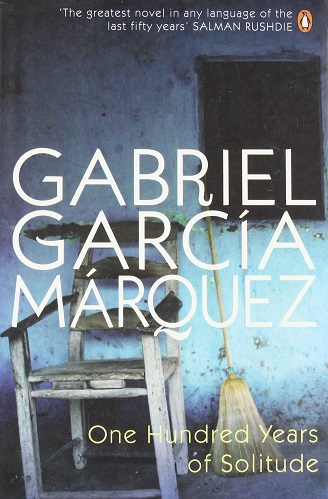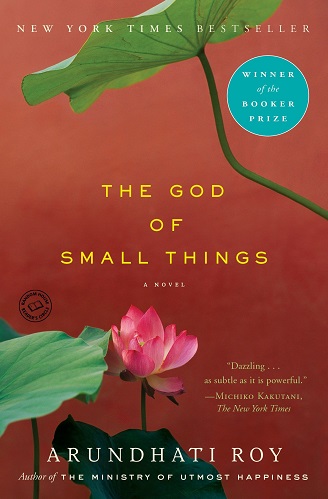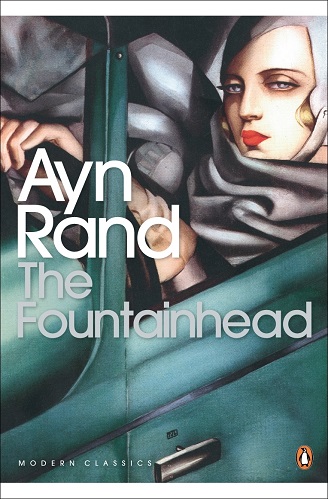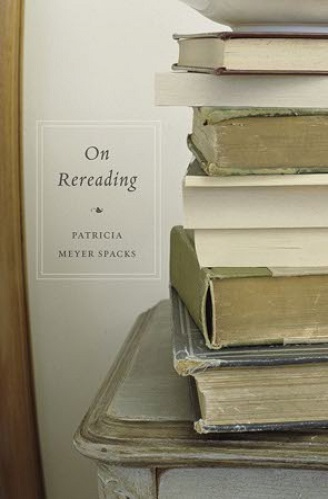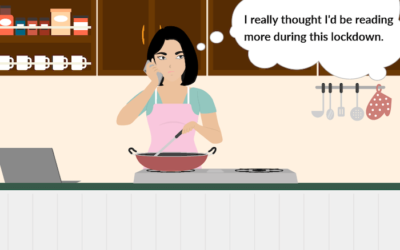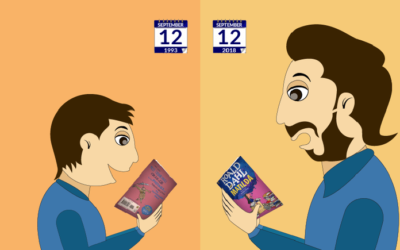Essay
Why I Reread
A quick glance at my constantly growing TBR pile is enough to warrant an equally high level of anxiety. Though the last four months have seen me working from home, I’ve just not found the time to read all the books I want to. The suggestions keep streaming in and, just like my to-do lists, there are more items added than ticked off each day. There is pressure to consume more, produce more, and read more, just to be able to squeeze out every drop of time available in a day.
As we keep rushing to keep pace with the world, with work, with everyone we’re in competition with, we see the days passing by without any quiet reflection on the words we have read. After all, who has the time?
It’s not that I haven’t tried. I’ve picked up books and abandoned them 10 pages in, shuffling between themes and genres, trying to find something that strikes the right chord. But each time I end up going back to something I have already read. In a world that is crammed with worrying statistics, rising figures and sobering news, I treasure what I can hold on to.
To reread is considered, dare I say, a sinful self-indulgence, akin to tucking into a second dessert. Rereading is also nostalgic, even wishful. It is a dying habit, and I do believe that there is reason to protect and savour it. What once sparked joy surely ought to be a lasting relationship. And so, I wholeheartedly embrace this process of rereading for what it has become – a treat, a form of escape, therapy. Why shouldn’t I return to something good?
(Re)living Favourites
On a hazy winter evening in my parents’ home in Delhi, with the yawning smog enveloping everything around, I am going through the only possessions I truly care about – my books. Books that I have lugged around cities, and left in the care of, and then retrieved from, reliable friends. Amidst the stacks of musty pages, I find some treasures I had long forgotten about, and my face lights up at the dog-eared ends. To be in the company of books I have dearly loved, the ones with cracked spines due to repeated reading, is like being in the company of an old friend. There are books for every season, for every rhyme and for every reason. They are chronicles of a time gone.
This is a yearly exercise that I partake in – similar to the way some people go through old pictures. I find my thumbed copy of One Hundred Years Of Solitude and curl up to read a paragraph I had marked years ago. Five minutes turn into five hours, and I realise around midnight that I am a hundred pages deep into my umpteenth reread. The story is a talisman – one that I’ve held close to my heart and gifted to friends the most.
My copy of The Unbearable Lightness Of Being, a book that I have urged many people to read, sits in a quiet corner between my Gabriel García Márquez and V.S. Naipaul books. On a forgotten row at the bottom lies my hardbound copy of Eldest, the second book in The Inheritance Trilogy, that I had earned as a present on my 14th birthday. My bookshelves are filled with books that have been read (and reread) through raging summers, during quiet afternoons at home, on train journeys, and at airports.
Time slows down and, in a sense, I’m taken back to the first encounter with each of these stories. I remember reading The God Of Small Things one stormy monsoon and coming across these lines – ‘That’s what careless words do. They make people love you a little less’. And I am taken back to the call I’d made as soon as I was done with the book. These lines are still something I hold on to whenever amends need to be made.
If we look at our lives as a series of milestones and flagged corners, then I have perhaps mapped my life to such books that I associate with important moments or people. Or simply because they have marked themselves in my poetic memory, a term coined by Milan Kundera to define a special area of our brain ‘which records everything that charms or touches us, that makes our lives beautiful’.
The Case For Being A Re-reader
This affliction for rereading books struck me early. It is how I’d procrastinate before important exams, immersing myself in a text that I could trust, where I knew where the story was going, with breadcrumb-like annotations along the way.
Sometimes, going back to books you know you loved as a child helps you see a version of yourself that you thought you had lost, and you end up marvelling at the childhood enchantment that got traded in for grown-up literary seriousness. Just like there are infinite ways to tell a story, there are multiple ways to approach a story as well. Every time we return to a story, our attitudes to the characters in it gets shaped by where we are in our own stories, and are an indication of how we’ve travelled through life ourselves, and how our hearts and minds have changed.
I often reread certain authors because I want to capture their artistic essence in my own writing, or to try and mimic their rhythm of writing in a bid to find my own. Then there are those books that only reveal their ethos on a second or third read, especially the ones that dare to portray complex ideas in the face of brevity, the ones that challenge you as a reader, whose brilliance you can only appreciate after going back. Perhaps the entire journey of my readings over the years has been in search of books that I would want to read again.
Going back to certain books that I loved can also feel unfulfilling at times, I have either outgrown them or found that I simply cannot look at them the same way again. I read Ayn Rand’s The Fountainhead at an age when I was very impressionable, and it introduced me to a previously unencountered way of thinking. The very philosophy that enraptured me while I was young makes me uncomfortable now.
There are other books that I struggled with or didn’t understand because they came to me too early, but a revisit has unveiled their genius. If a parallel can be drawn between books and people, then the activity of rereading has taught me that we are not entirely accessible to other people, just like how they remain inaccessible to us, no matter how many decades we’ve spent with them. And perhaps then, everyone deserves a second chance, a deeper attempt at understanding.
I believe I follow the habits of other writers who have written more eloquently on this topic than I could ever hope to – Patricia Meyer Spacks wrote an entire book (On Rereading) about it, and Vladimir Nabokov mentioned in Lectures On Literature, ‘Curiously enough, one cannot read a book; one can only reread it. A good reader, a major reader, and active and creative reader is a rereader.’
For me, there is solace in rereading. It is time travel. When everything else has changed – the city, your house, the furniture, the people in your life – these ever-reliable pages are the ones that remain the same. They become an anchor through times of chaos, yoking the reader even in the middle of a turbulent sea. You seize them up when you’re ill or bored or moody or restless and find comfort in them.
What Stephen King once wrote of fall in Salem’s Lot, I could also say for my favourite books: ‘But when fall comes, kicking summer out on its treacherous ass as it always does one day sometime after the midpoint of September, it stays awhile like an old friend that you have missed. It settles in the way an old friend will settle into your favorite chair and take out his pipe and light it and then fill the afternoon with stories of places he has been and things he has done since last he saw you.’




